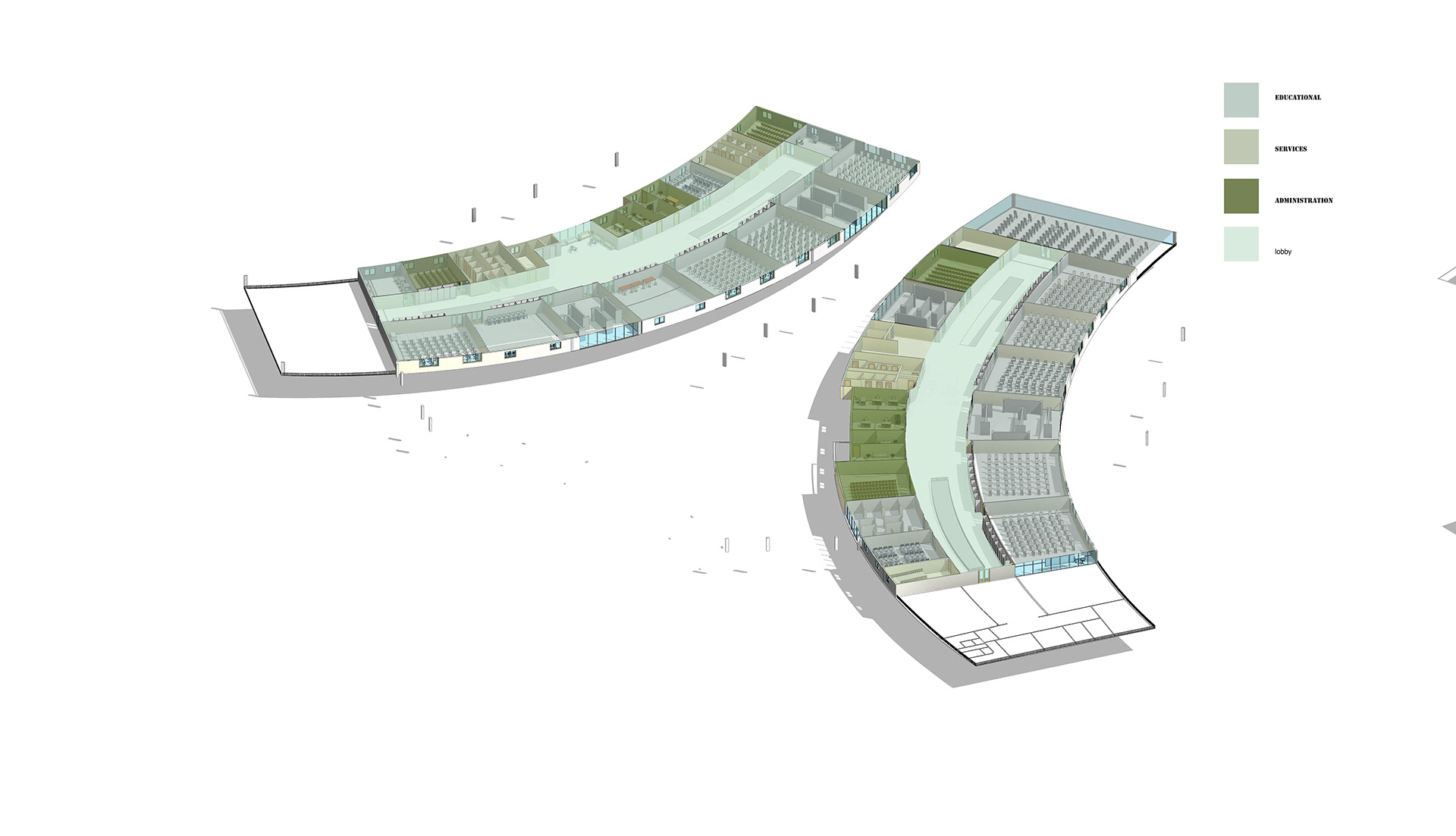Seeking A Professorship In Fine Arts Focused On Spatial Concepts

Table of Contents
Understanding the Landscape of Fine Arts Professorships Focused on Spatial Concepts
The demand for professors specializing in spatial concepts within Fine Arts programs is growing. This reflects the increasing importance of spatial design in contemporary art, architecture, and design thinking. Many universities are actively seeking faculty who can integrate these concepts into their curriculum. To succeed in your search for a Fine Arts Professor position focused on spatial concepts, understanding the current job market is crucial.
-
Identifying universities and colleges with relevant programs: Research institutions known for their strong programs in sculpture, installation art, environmental art, and architectural studies. Look for departments with a focus on contemporary art practices that explore spatial relationships. Websites like ArtSearch, HigherEdJobs, and university career pages are excellent resources.
-
Analyzing job descriptions for key skills and experience requirements: Carefully review job descriptions to identify specific skills and experiences sought by hiring committees. Keywords like "spatial design," "installation art," "site-specific art," "environmental art," and "three-dimensional design" should be prominent in your application materials if mentioned in the job description. Pay attention to the required qualifications, preferred qualifications and the department's specific research interests.
-
Networking within the academic community: Attend conferences, workshops, and symposia related to spatial design and contemporary art. Networking allows you to connect with potential mentors, collaborators, and even future employers.
-
Understanding the different types of professorships (tenure-track, adjunct, visiting): Be aware of the different types of academic positions available. Tenure-track positions offer long-term stability, while adjunct and visiting professorships are often temporary. Tailor your application strategy to the specific type of position you're pursuing.
Crafting a Compelling Application for a Fine Arts Professorship in Spatial Concepts
Your application materials must effectively communicate your expertise in spatial concepts and your passion for teaching. A strong application package will include a compelling teaching philosophy, a well-written research statement, a powerful artist statement, a detailed curriculum vitae (CV), and strong letters of recommendation.
-
Developing a strong teaching philosophy emphasizing spatial awareness and critical thinking: Articulate your approach to teaching spatial concepts. Highlight your innovative teaching methods and your commitment to fostering critical thinking and creative problem-solving among students.
-
Showcasing relevant research experience and publications (e.g., articles on spatial theory, installation art, etc.): Document your research on spatial theory, installation art, or related fields. Highlight any publications, presentations, or grants received.
-
Creating an impactful artist statement that clearly demonstrates your understanding and practice of spatial concepts: Your artist statement should not only showcase your artistic practice but also explicitly connect it to your understanding of spatial theory and design.
-
Highlighting teaching experience and methodologies: Detail your experience teaching art and design, focusing on any courses or projects that involved spatial concepts.
-
Building a robust CV and cover letter that specifically addresses the requirements of the position: Your CV should be meticulously organized and highlight your relevant accomplishments. The cover letter should explicitly address the specific requirements and expectations outlined in the job description.
-
Securing strong letters of recommendation from recognized experts in the field: Seek letters from professors, curators, or other professionals who can attest to your expertise in spatial concepts and your teaching abilities.
Showcasing Your Expertise in Spatial Concepts
Effectively communicating your understanding and practice of spatial concepts is key. Your portfolio should powerfully demonstrate your command of spatial relationships, three-dimensional design, and installation art.
-
Examples of successful portfolios showcasing spatial awareness: Include a selection of your artwork that clearly demonstrates your understanding of spatial relationships, scale, perspective, and the interplay between the artwork and its environment.
-
Strategies for communicating your understanding of spatial theory: Reference relevant theorists and concepts within your artist statement and teaching philosophy, demonstrating a solid theoretical foundation for your practice.
-
Highlighting interdisciplinary collaborations (e.g., with architects, designers): Mention any collaborations you’ve had with architects, designers, or other professionals, illustrating your ability to work across disciplines.
-
Demonstrating your ability to mentor and guide students in spatial design: Provide examples of successful student mentorship, highlighting your teaching strategies and your impact on students' creative development.
Interview Preparation and Negotiation for a Fine Arts Professorship
The interview process is crucial. Thorough preparation will significantly improve your chances of success.
-
Practicing answers to common interview questions: Prepare for questions about your teaching philosophy, research agenda, and experience with spatial concepts.
-
Preparing questions to ask the interview panel: Asking insightful questions demonstrates your interest and engagement.
-
Understanding salary expectations and benefits packages: Research average salaries for Fine Arts Professors at comparable institutions.
-
Reviewing contract terms carefully before acceptance: Before accepting a job offer, thoroughly review the contract to understand your responsibilities, compensation, and benefits.
Conclusion
Securing a professorship in Fine Arts, particularly one focused on spatial concepts, requires a strategic and well-prepared approach. By understanding the job market, crafting a compelling application, and preparing thoroughly for interviews, you can significantly increase your chances of success. Begin your journey toward securing your dream professorship in Fine Arts focused on spatial concepts today! Start by researching relevant institutions and refining your application materials to highlight your unique expertise in spatial design and art. Your passion for spatial concepts, combined with a well-executed job search strategy, will put you on the path to becoming a successful Fine Arts Professor.

Featured Posts
-
 Yellowstone Creators Hit Drama Starring Demi Moore Renewed For Season Two
May 13, 2025
Yellowstone Creators Hit Drama Starring Demi Moore Renewed For Season Two
May 13, 2025 -
 Winterwatch A Comprehensive Guide To Identifying Winter Birds
May 13, 2025
Winterwatch A Comprehensive Guide To Identifying Winter Birds
May 13, 2025 -
 Lucid Software Acquires Airfocus A Powerful Collaboration Boost
May 13, 2025
Lucid Software Acquires Airfocus A Powerful Collaboration Boost
May 13, 2025 -
 Empate Sin Goles Cronica Del Partido Atalanta Vs Venezia
May 13, 2025
Empate Sin Goles Cronica Del Partido Atalanta Vs Venezia
May 13, 2025 -
 Record 16 3 Billion In U S Customs Duties Collected In April
May 13, 2025
Record 16 3 Billion In U S Customs Duties Collected In April
May 13, 2025
